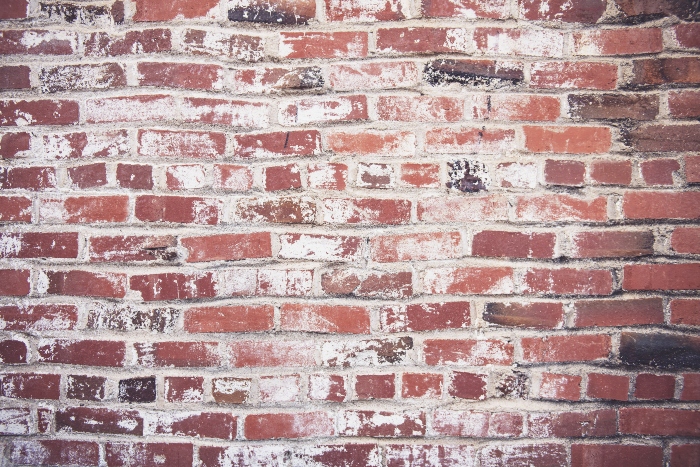
It is agreed amongst professionals and experts that the invasive plant Japanese knotweed can cause problems to homes and properties as a result of its ability to grow and spread at an alarming rate. But can Japanese knotweed cause subsidence? Taylor Total Weed Control is here to help you find out!
Before we can look into whether knotweed can cause subsidence, we must first try to understand what subsidence means. According to the Cambridge Dictionary, the term subsidence means 'the process by which land or buildings sink to a lower level'. Therefore, the understanding is whether Japanese knotweed possesses the ability to cause lands or buildings to sink, leading to extreme structural damage.
Many varying opinions exist on this topic, with some arguing that knotweed does cause subsidence and some arguing that it doesn't. We're here to offer our professional opinion on the matter to try and answer the questions as best we can as well as letting you know how Taylor Total Weed Control can help if you've spotted knotweed on or near your property and are worried about the potential damage it can cause.
Japanese knotweed doesn't cause subsidence
Despite numerous claims by newspapers and magazines alike that knotweed does cause subsidence, we believe here at Taylor Total Weed Control that it does not. Now, we do agree that Japanese knotweed has the ability to cause structural damage in parts, we just don't think from our experience that it has the ability to make whole buildings sink to lower levels or cause bank-breaking damage to your property.
There are three ways in which Japanese knotweed can cause damage to property:
- Indirect damage caused by subsidence or heave
- Direct damage through collapse and impact
- Direct damage through the accumulated pressure of plant growth.
Many people within the public domain claim that Japanese knotweed can and has caused severe structural damage, which has become an acceptable notion amongst the majority of the UK, however, a recent study in 2018 by global infrastructure services firm AECOM and the University of Leeds, discovered no telling evidence that Japanese knotweed can cause such damage. One of the experts involved in the study stated 'we found nothing to suggest that Japanese knotweed causes significant damage to buildings – even when it is growing in close proximity – and certainly no more damage than other species that are not subject to such strict lending policies.’
This is in stark contrast to what is often said amongst many of the public, including the media, which states that Japanese knotweed ‘can cause massive damage to house foundations’. This has led to several legislations being put in place to protect new homeowners, homeowners looking to sell and those who have knowledge of knotweed already on or near their property.
TA6 Form and Japanese Knotweed >
Co-author of the study, Dr Karen Bacon of Leeds University was quick to refute the above claim. Bacon states ‘this plant poses less of a risk to buildings and other structures than many woody species, particularly trees. It is capable of damaging built structures, but where this occurs it is usually because an existing weakness or defect has been exacerbated.’
The findings from the 2018 study correlate positively with a 2012 study conducted by the Royal Institution of Chartered Surveyors (RICS), which concluded that Japanese knotweed was ‘treatable and rarely causes severe damage to the property’. The 2018 findings also reveal that Japanese knotweed rhizomes very rarely grow further than 4 meters beyond the visible plants, another fact that refutes the widely claimed notion that rhizomes can spread up to 7 meters.
Now, this data isn't suggesting that knotweed never damages buildings because it can and it does as we have experienced in our work. But the idea that knotweed can cause subsidence is far from true. Our advice is that if you believe that you have spotted knotweed on or near your property, the best thing to do is to act quickly and eradicate it before it can have the chance to become a problem. As the saying goes 'it's better to be safe than sorry.'
You can find more information about how Taylor Total Weed Control can help you remove any knotweed infestation, regardless of how big or small, from your property below. If you'd like to talk to one of our experts to learn more, then please do not hesitate to get in touch with us today.
Japanese Knotweed Removal >
